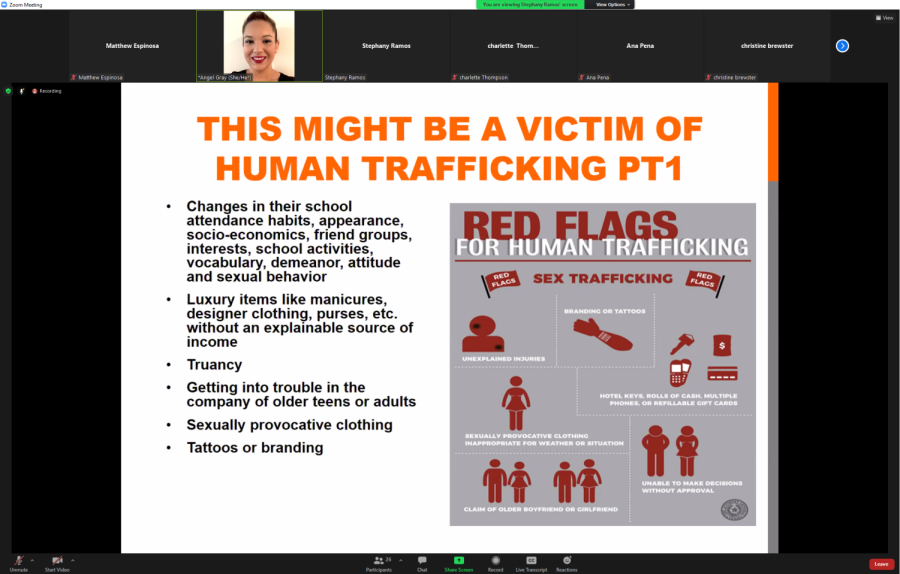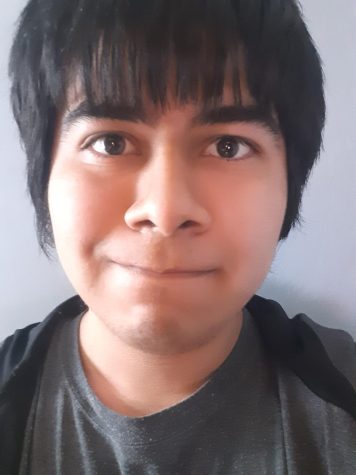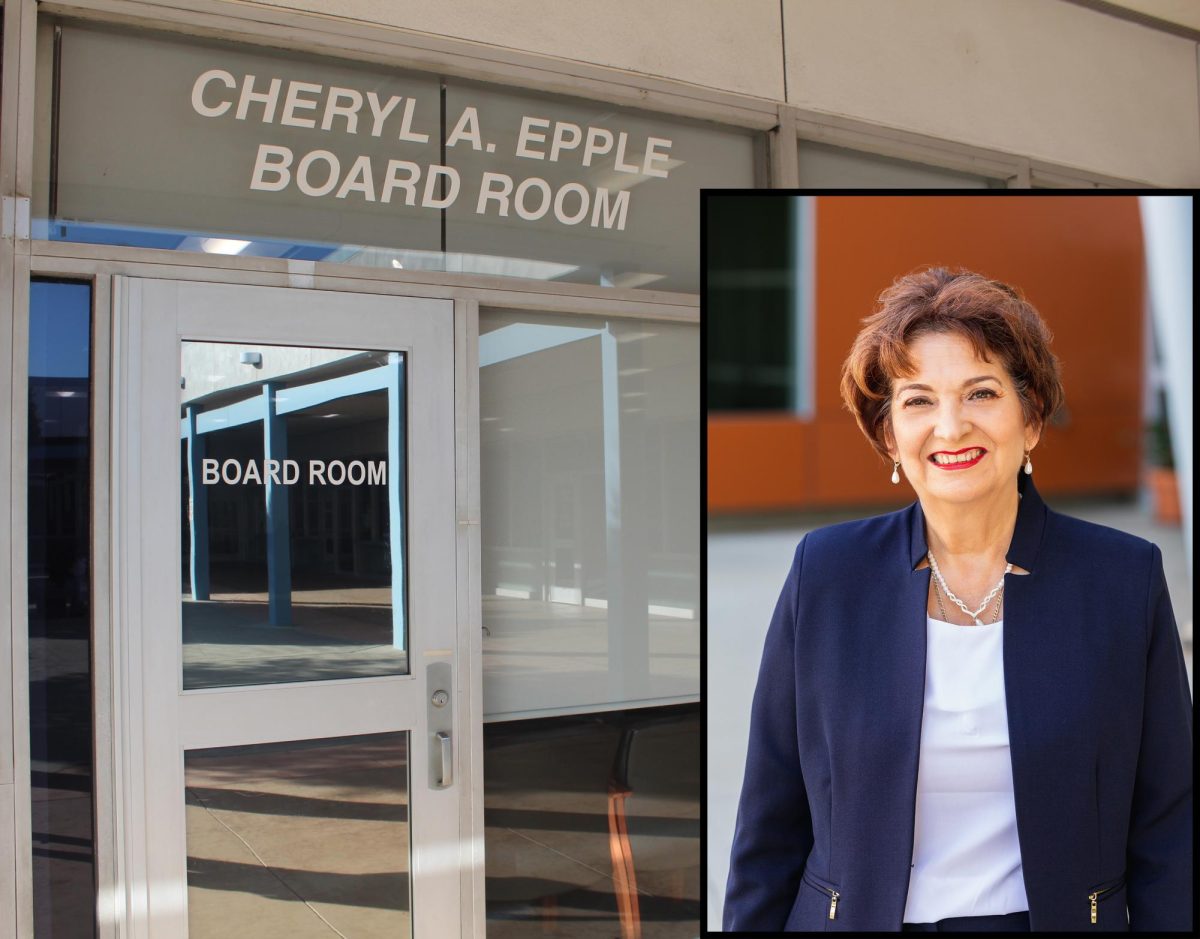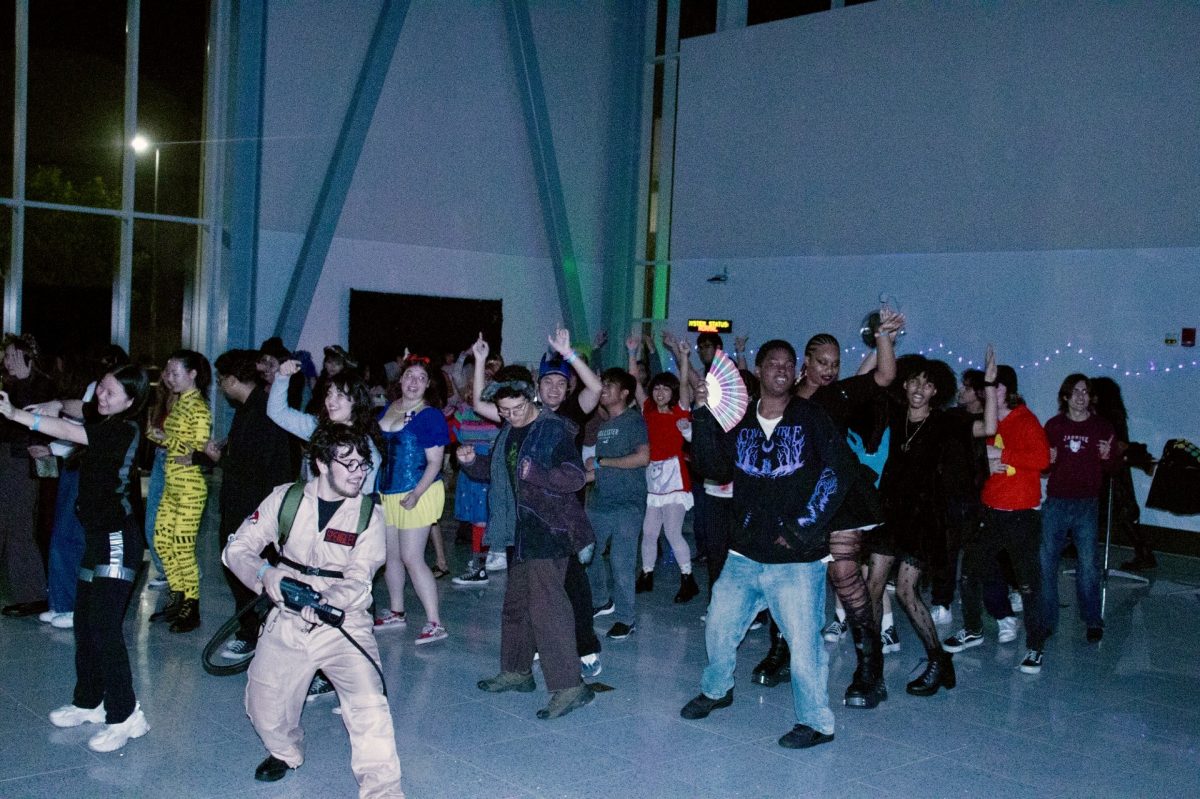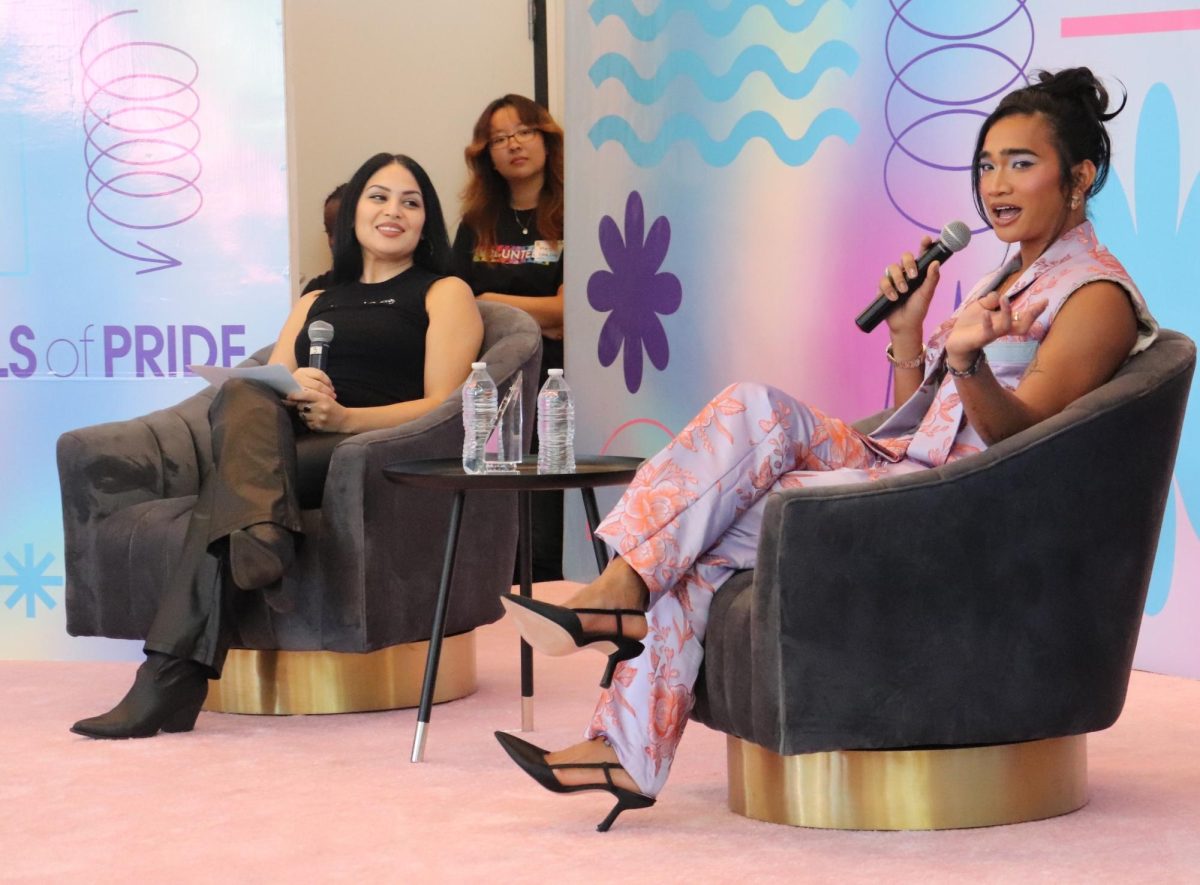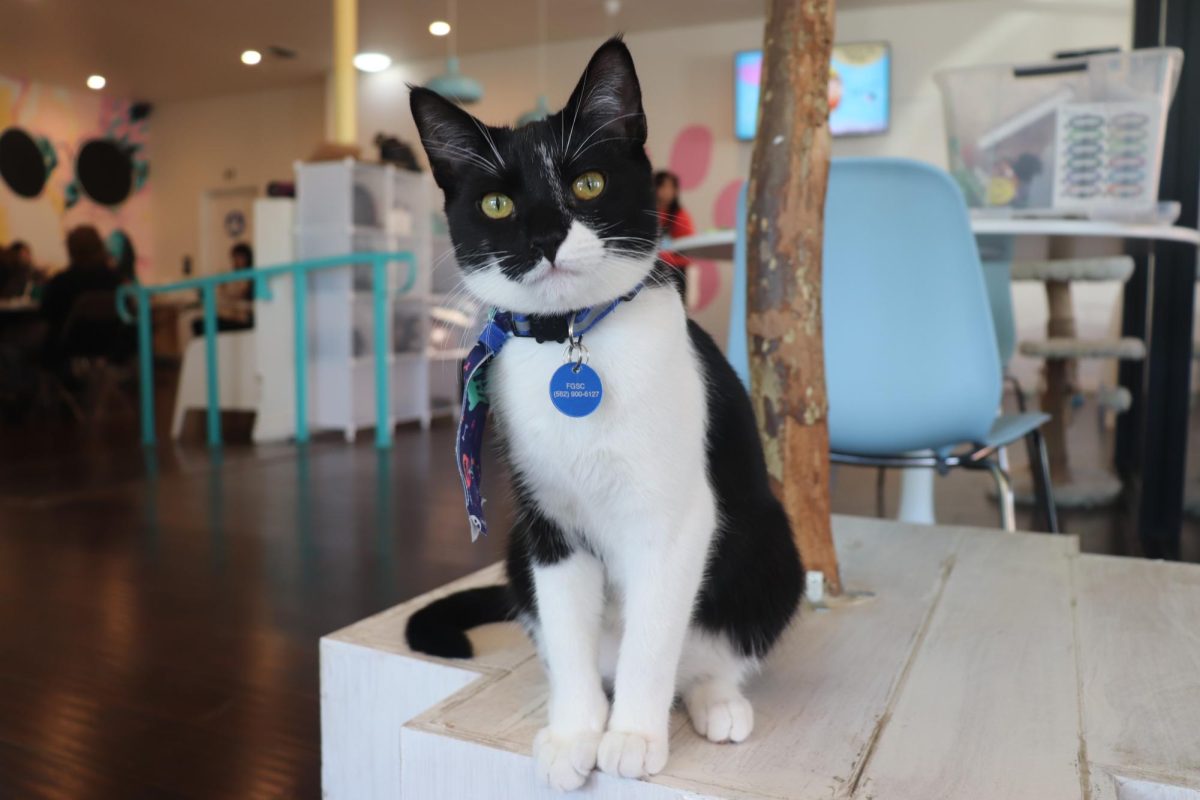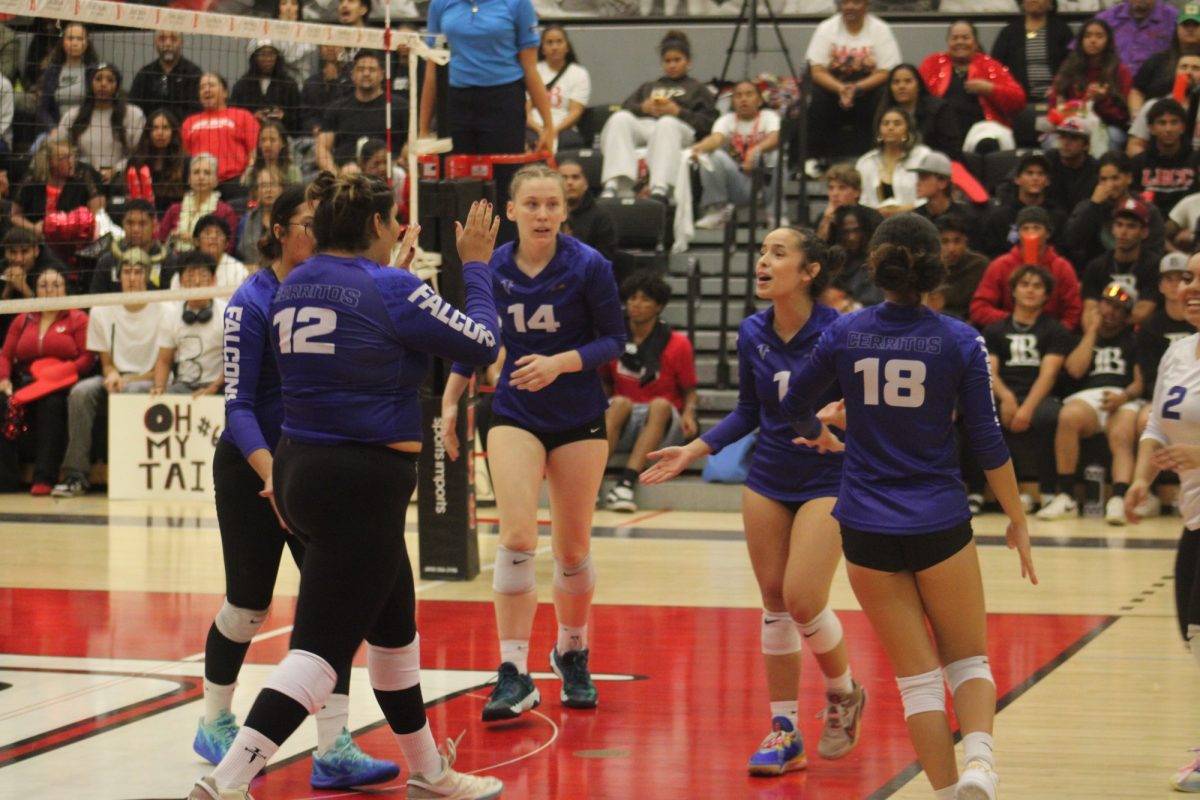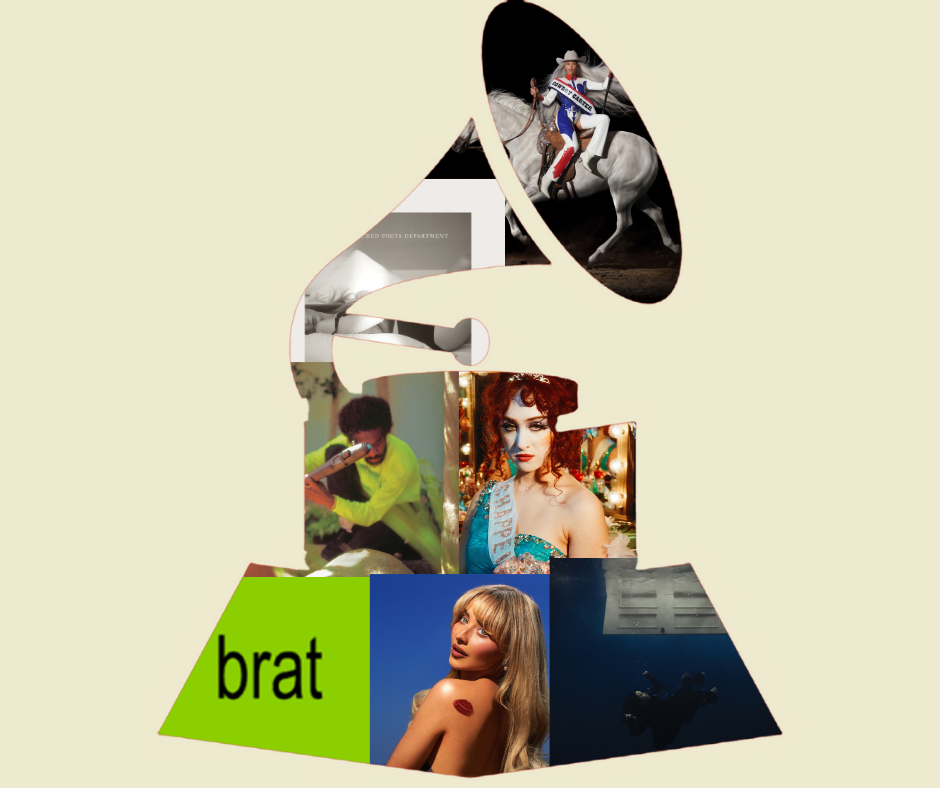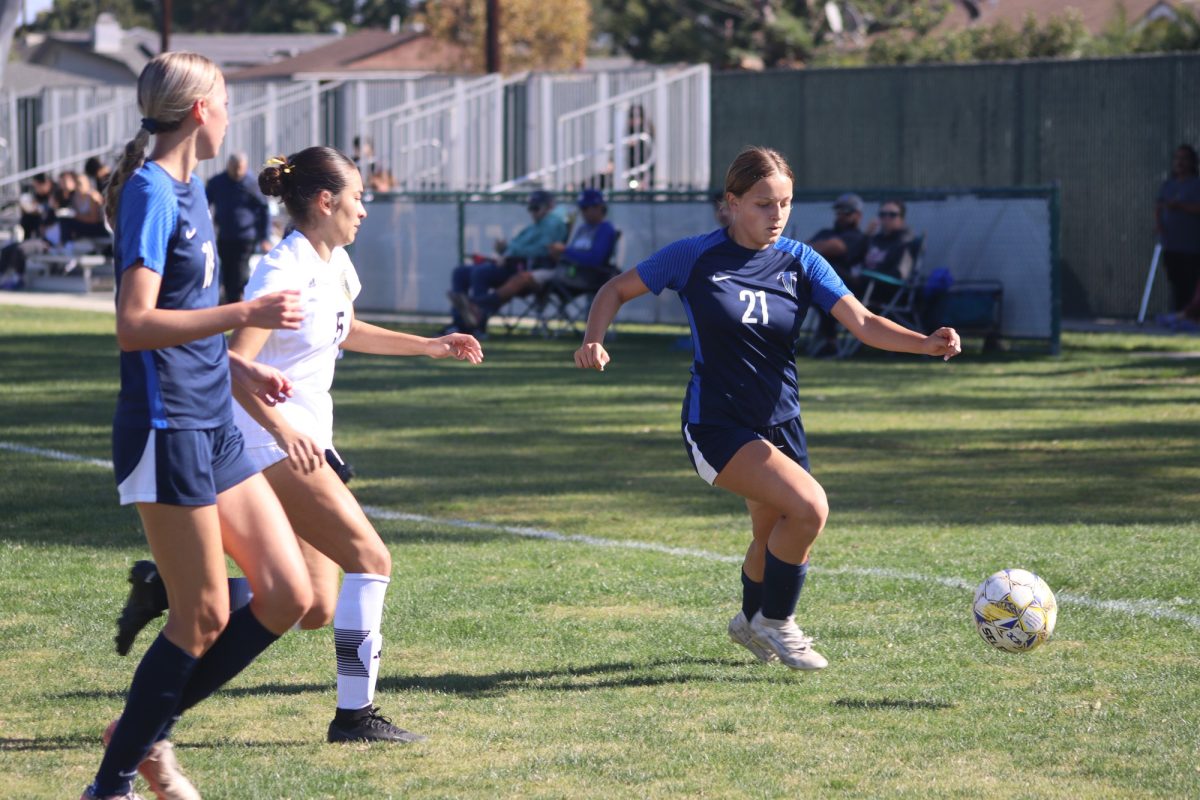Human Trafficking Specialist Stephany Ramos of the Young Women’s Christian Association Greater Los Angeles was invited by Cerritos College to explain the basic elements of human trafficking—and the racial and gender disparities ingrained it—in an online session held on Jan. 25.
Dedicated to justice and equality for all, the YWCA is focused on eliminating racism and empowering women; as such, the subject of human trafficking is within its realm of attention.
Hosted alongside Campus Victim’s Advocate Angel Gray and joined by around 15 participants, the session began with important definitions like sex trafficking and grooming.
Sex trafficking is the modern-day rendition of servitude in which individuals are forced to perform commercial sex for the pleasure of the buyer; individuals under the age of 18 are always classified as victims.
Grooming is the process by which traffickers manipulate victims into human trafficking by gaining their trust, satisfying their needs, isolating them and then forcing them into trafficking.
The Trafficking Victims Protection Act of 2000 was meant, as said in the title is to protect victims, prosecute traffickers, and prevent human trafficking – yet it classifies victims as criminals after being forced into performing the act of commercial sex.
It is still a $50 billion-a-year global industry in which women and young girls comprise 99.4% of sex trafficking victims—and 57.6% of forced labor victims.
“Who are the vulnerable populations? Every story is very unique, but the vulnerabilities are kind of all repetitive,” said Ramos.
One significant population group that Ramos provided is racial and ethnic minorities: the session’s main subject.
Human trafficking has a disproportionate effect on women of color; in South Dakota, Native women are 40% of sex trafficking victims while the Native population overall constitutes are only 8% of the state.
Not to mention, 50% of victims sold online in Nebraska are black—with 5% accounting for the state’s black occupants.
Ramos said, “Primarily here in Los Angeles, African American women and girls are the highest in being sexually exploited [as well as] Latinas and then you have white and Asian.”
Ramos also said that the YWCA is working with the Human Transport Committee of Compton for the Super Bowl committee for anti-human trafficking month with an emphasis on directing women with lighter complexions to the YWCA.
High-end Johns—typically older white males—seem to prefer lighter complexions, who often have access to cellphones, over darker tones, who are more brutally treated by traffickers.
“For survivors and victims of human trafficking, one [significant] issue is the word ‘prostitution,’ which has this criminal connotation to this,” said Gray, “By eliminating that word, one hope is that people will start to recognize that these people who are falling into this life are victims that need support—and not criminals.”
Students interested in the YWCA’s mission can find out how to support it by looking further into its website.



